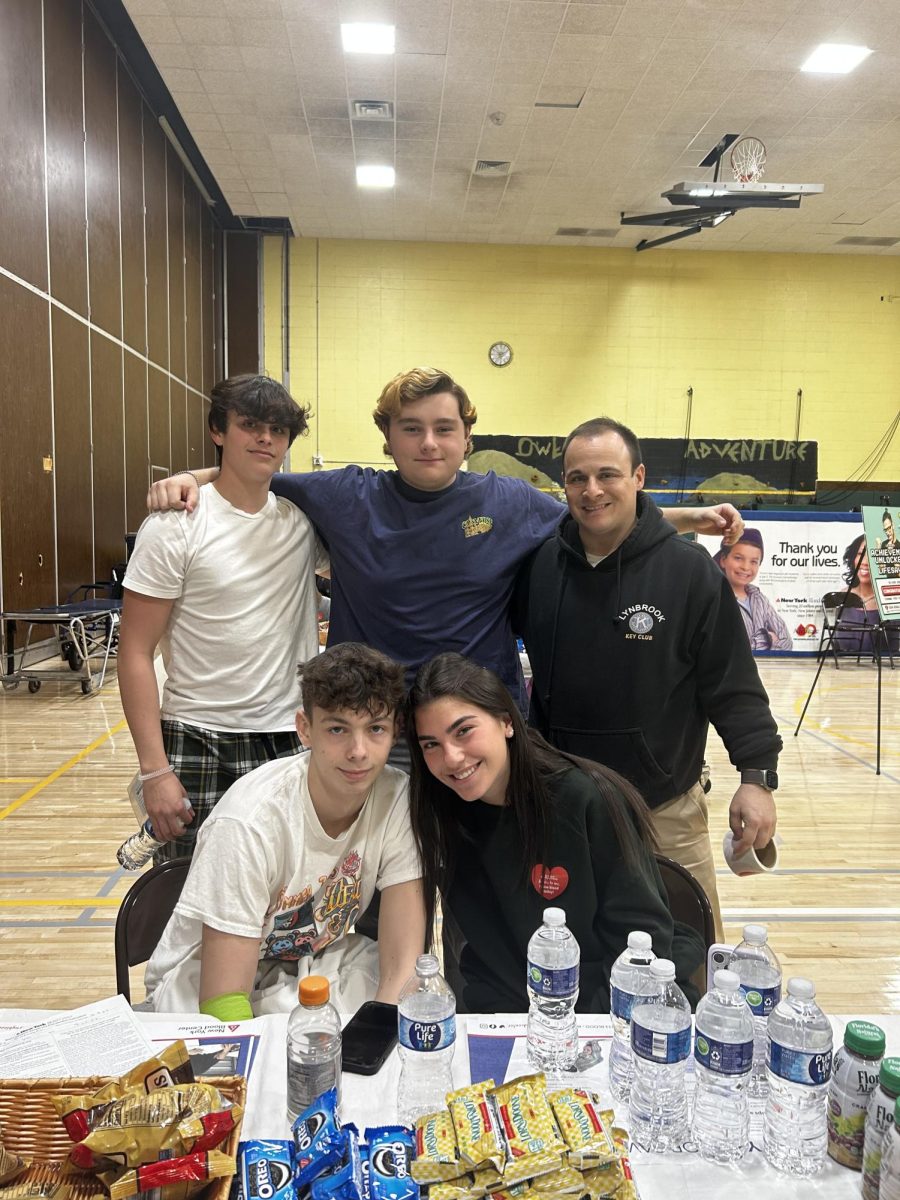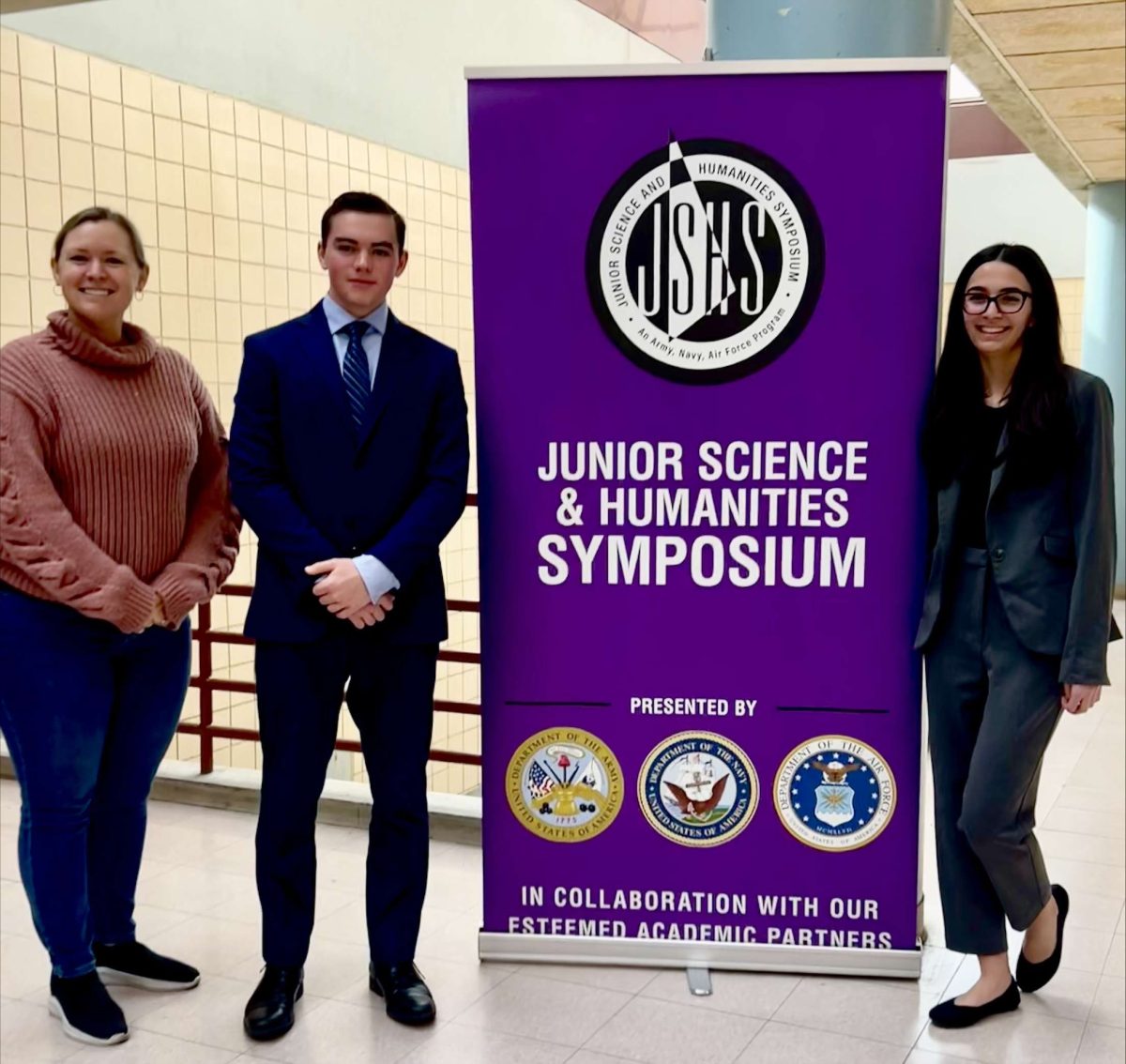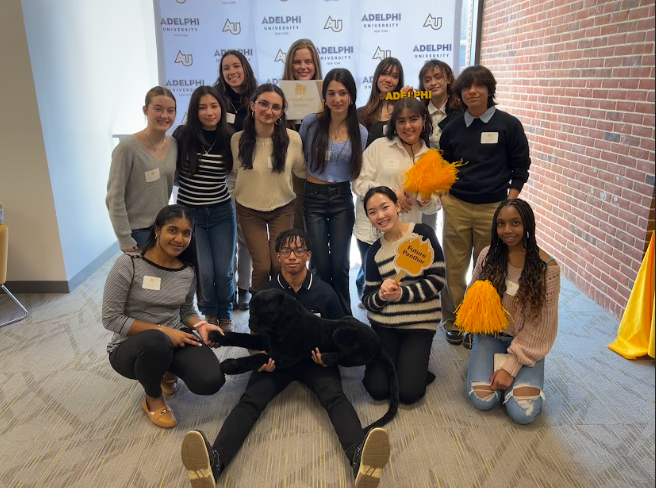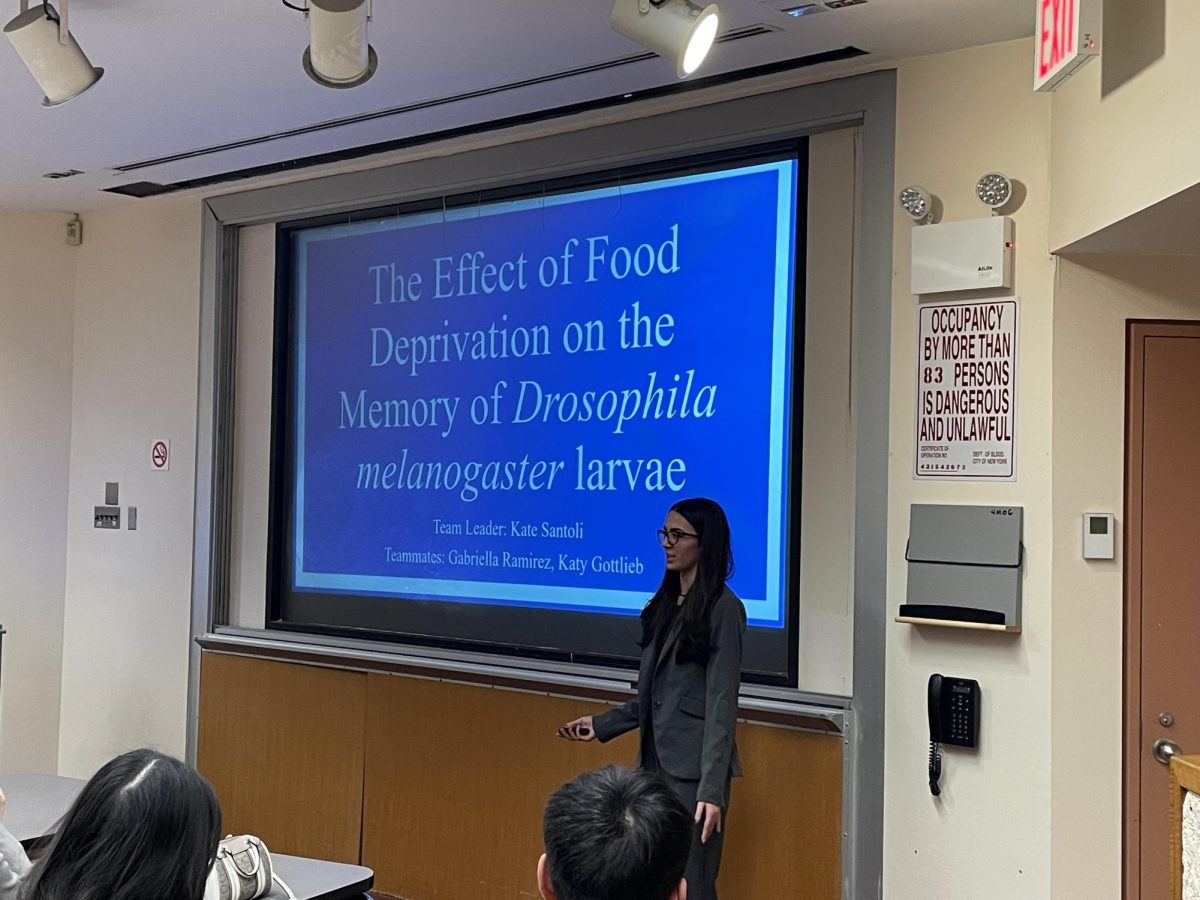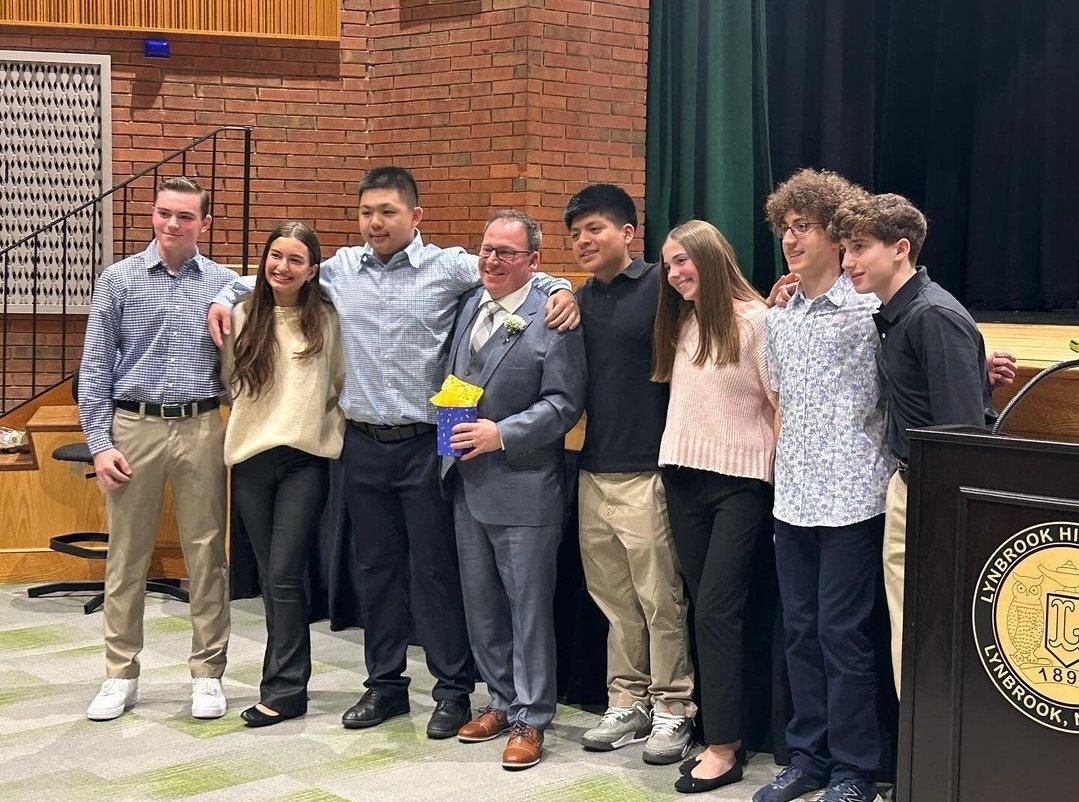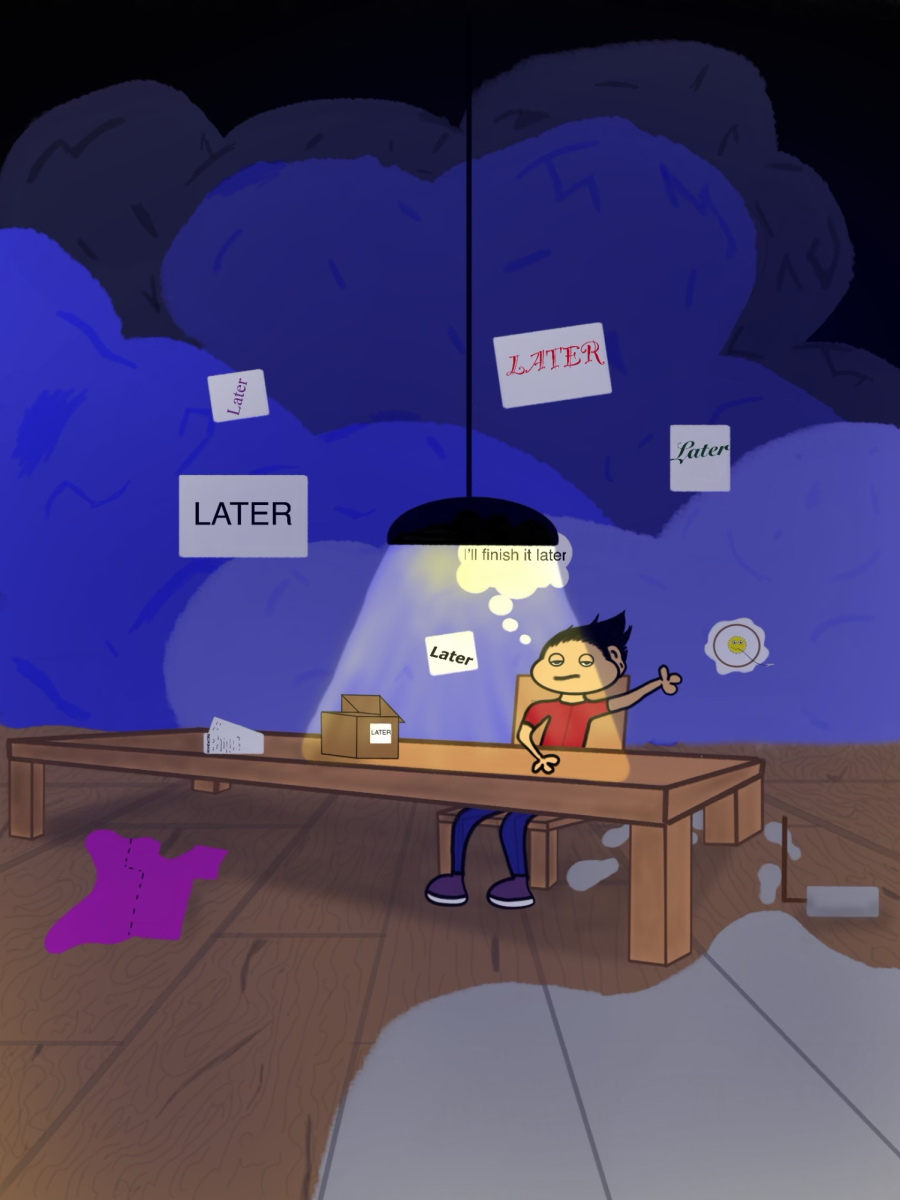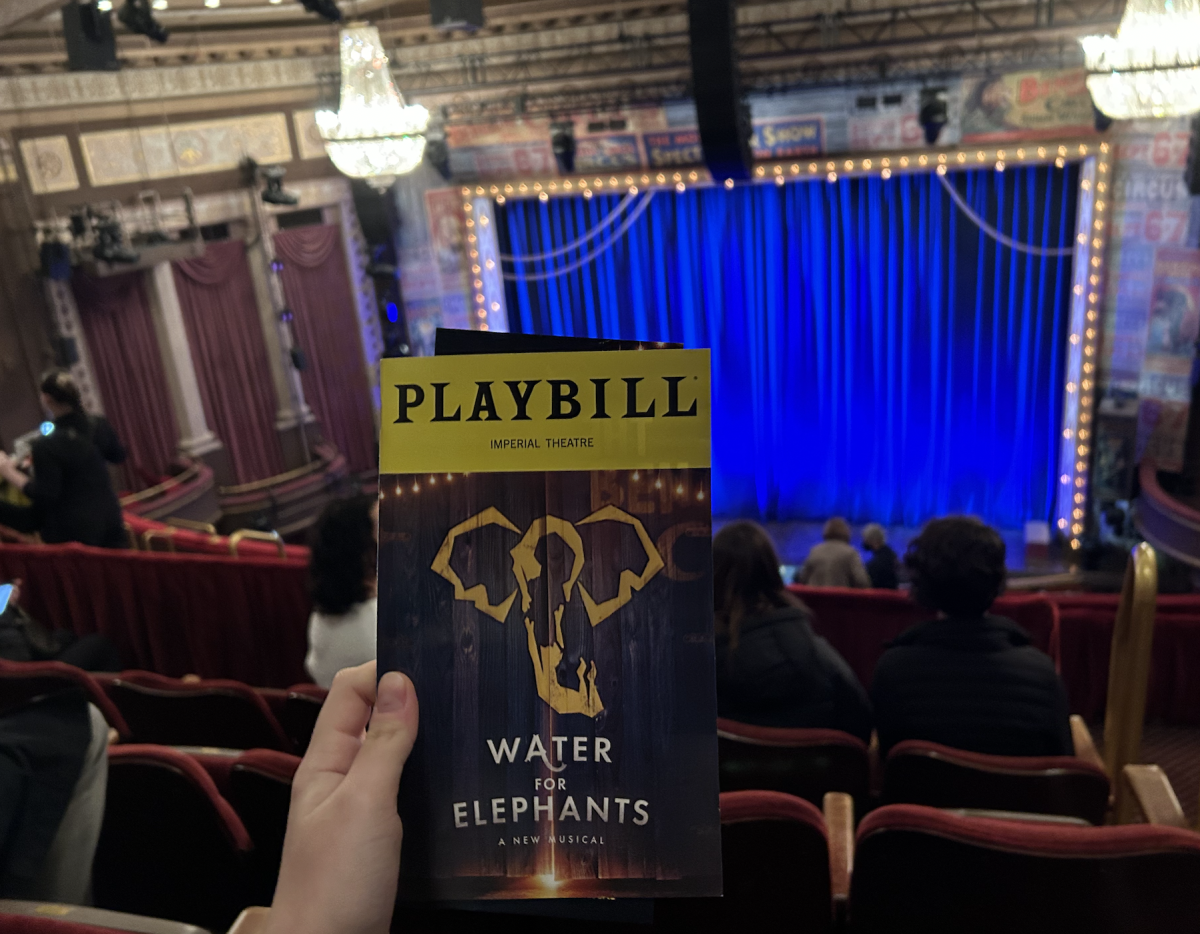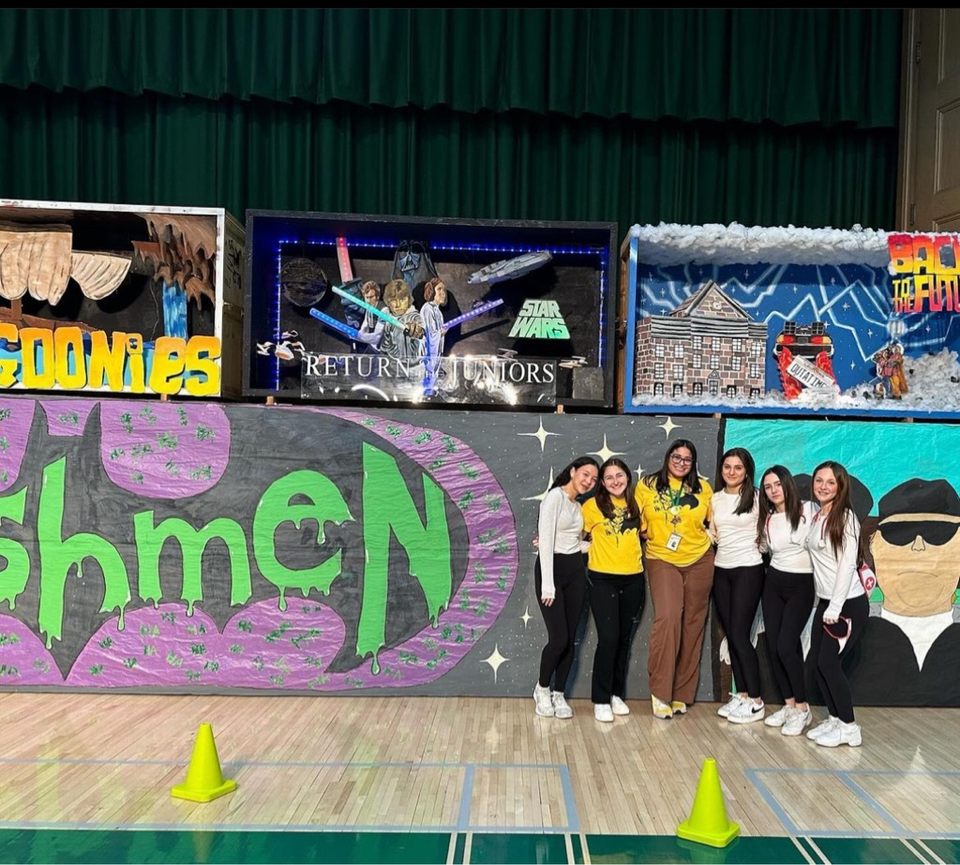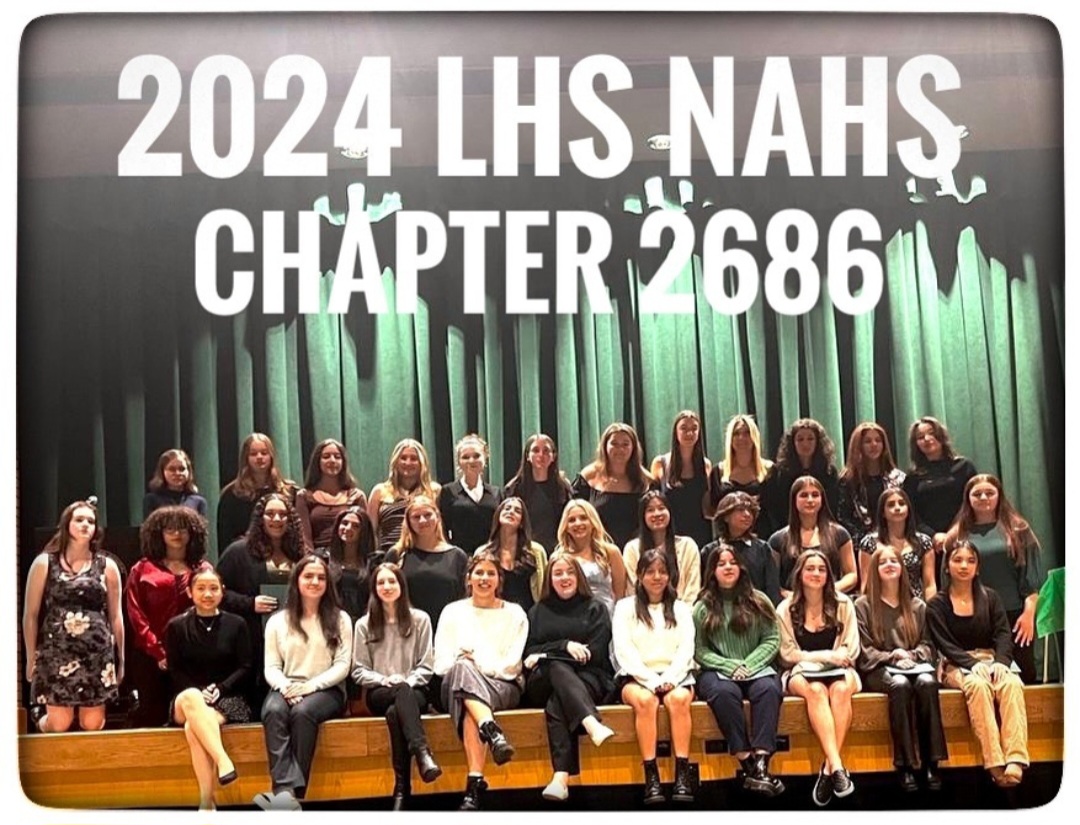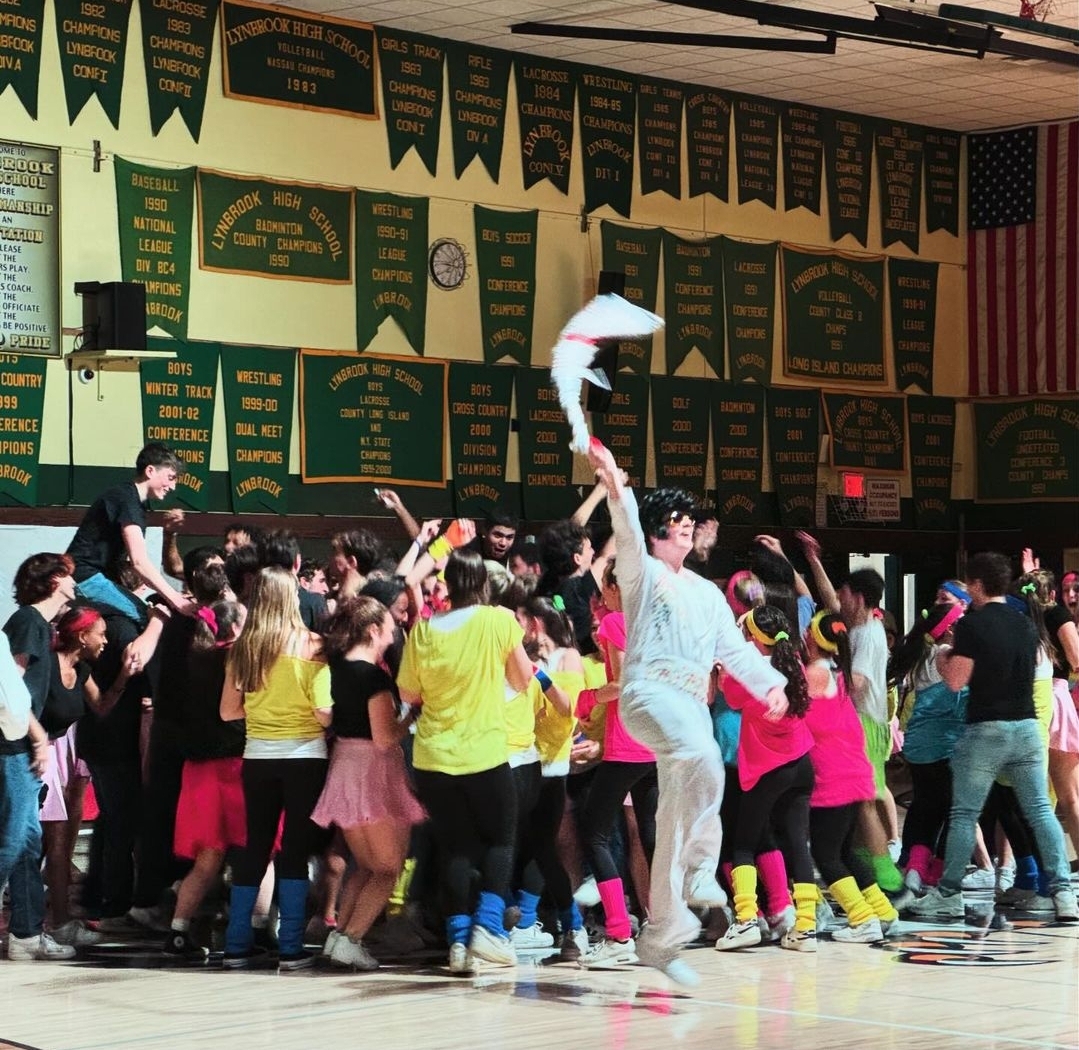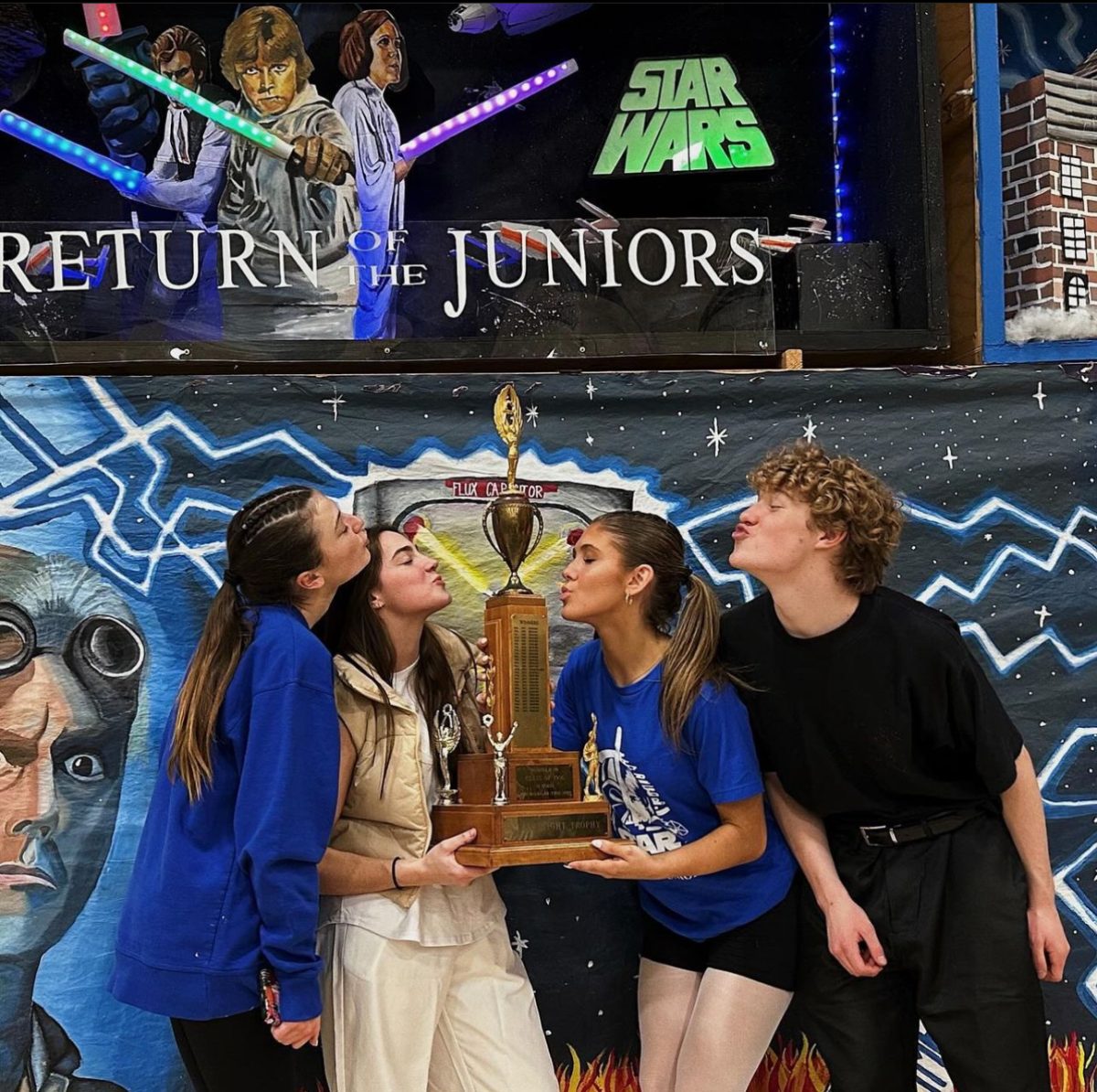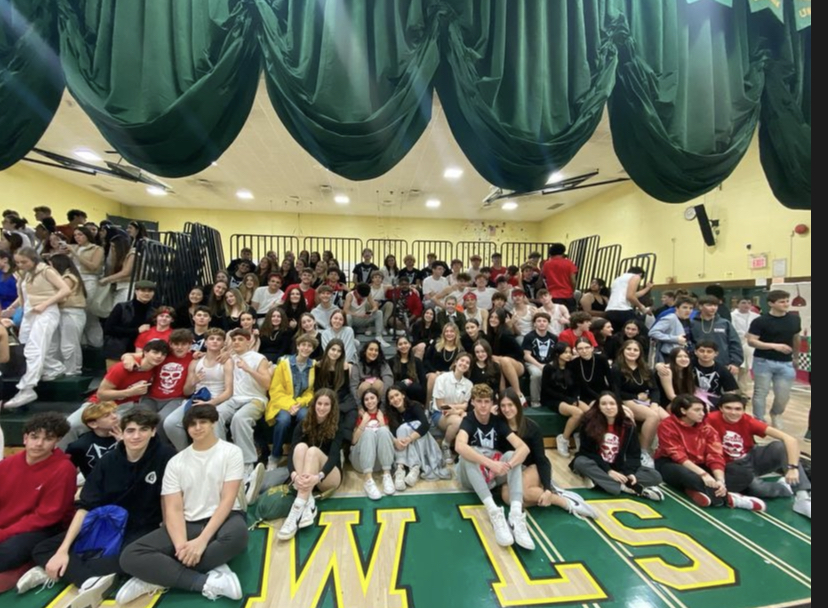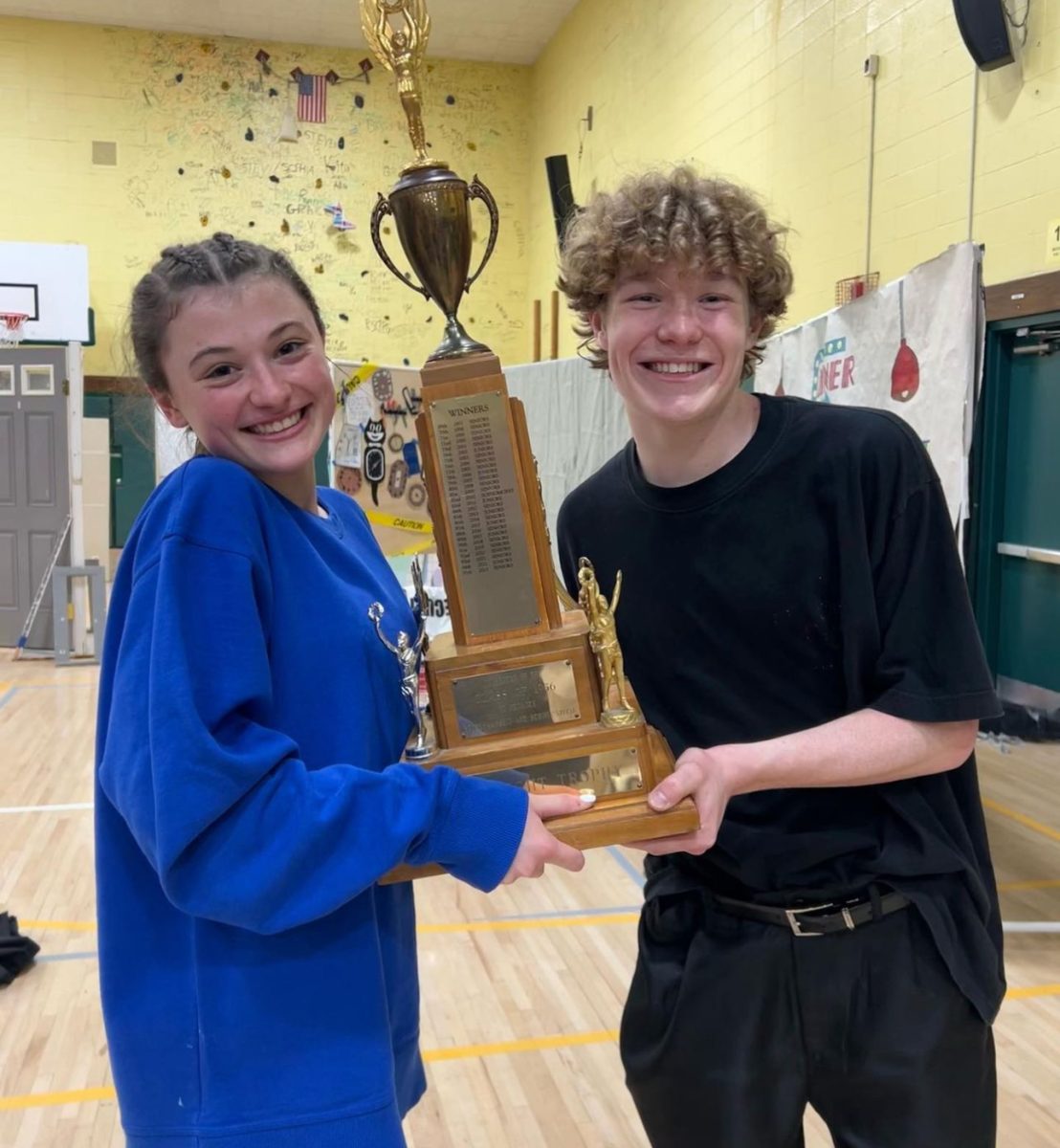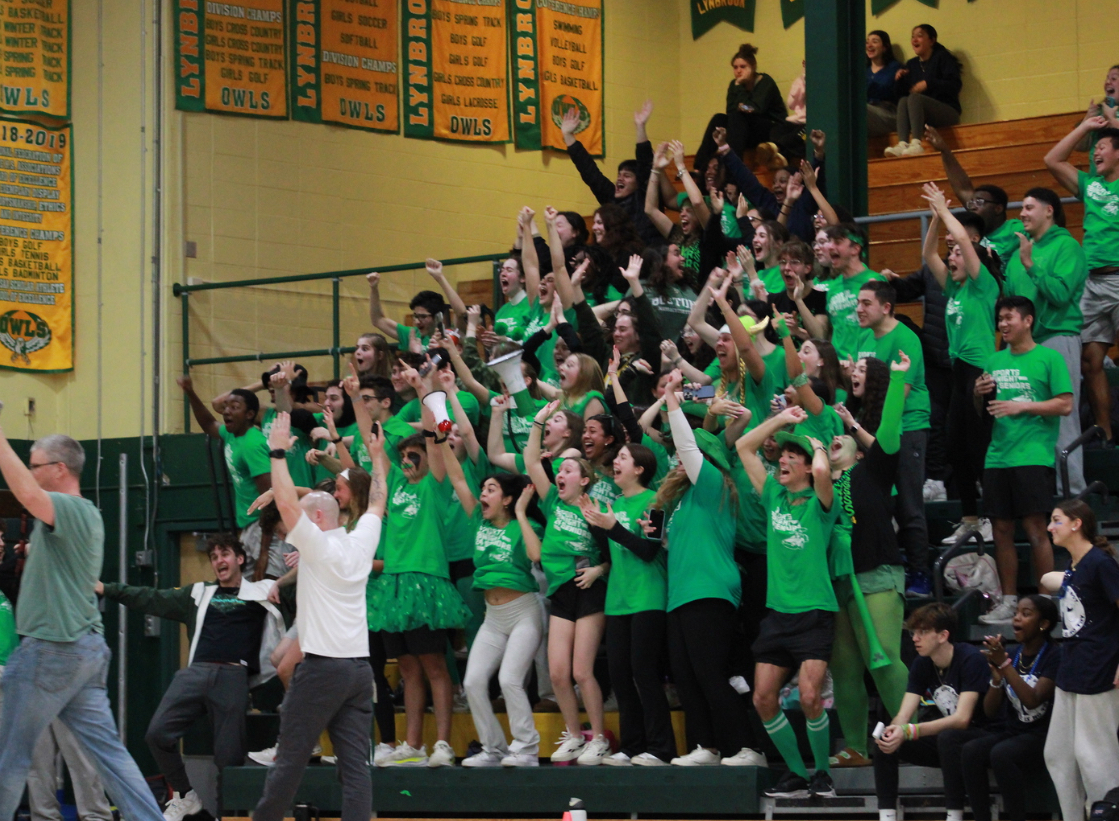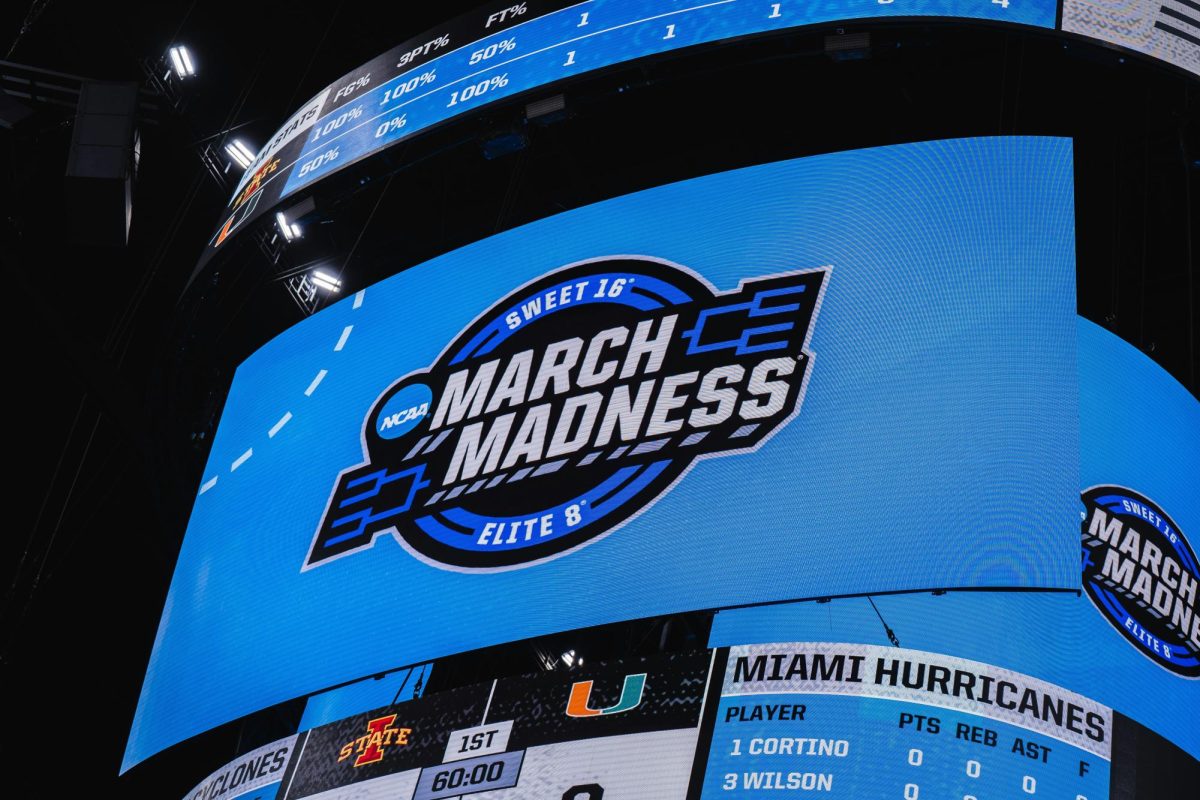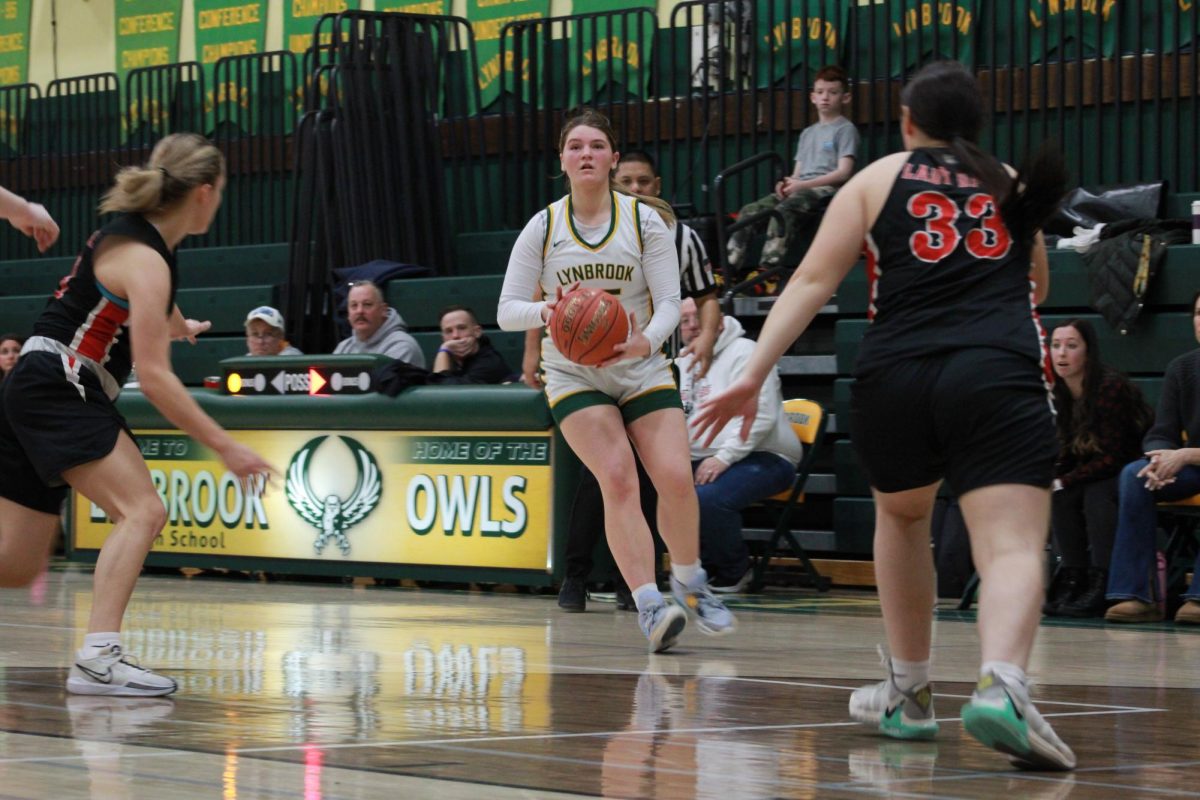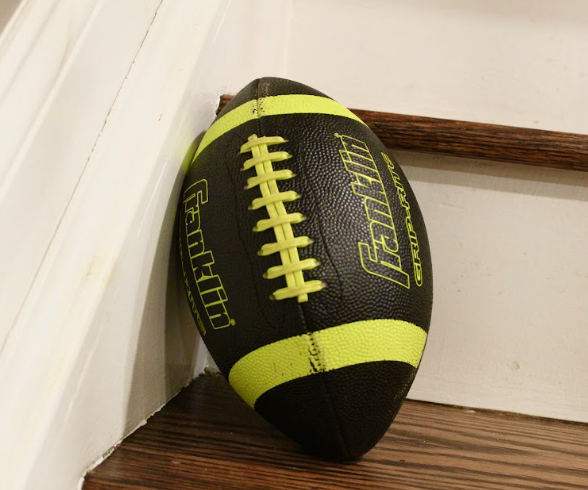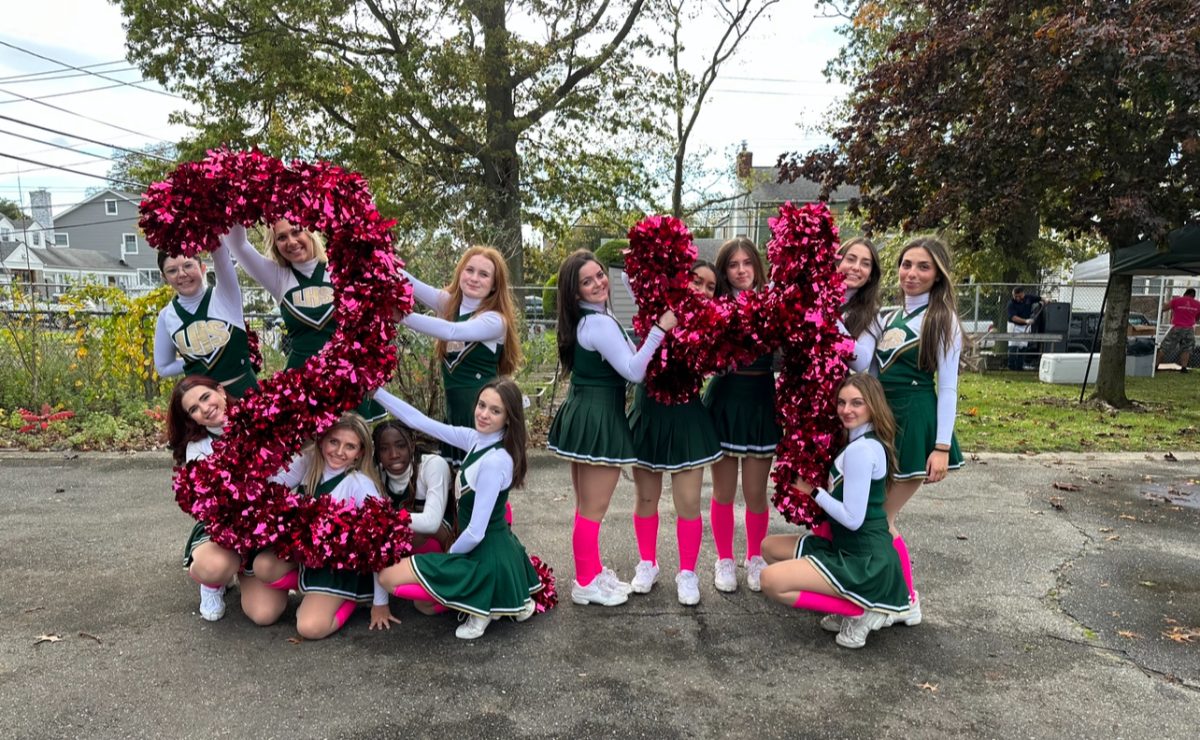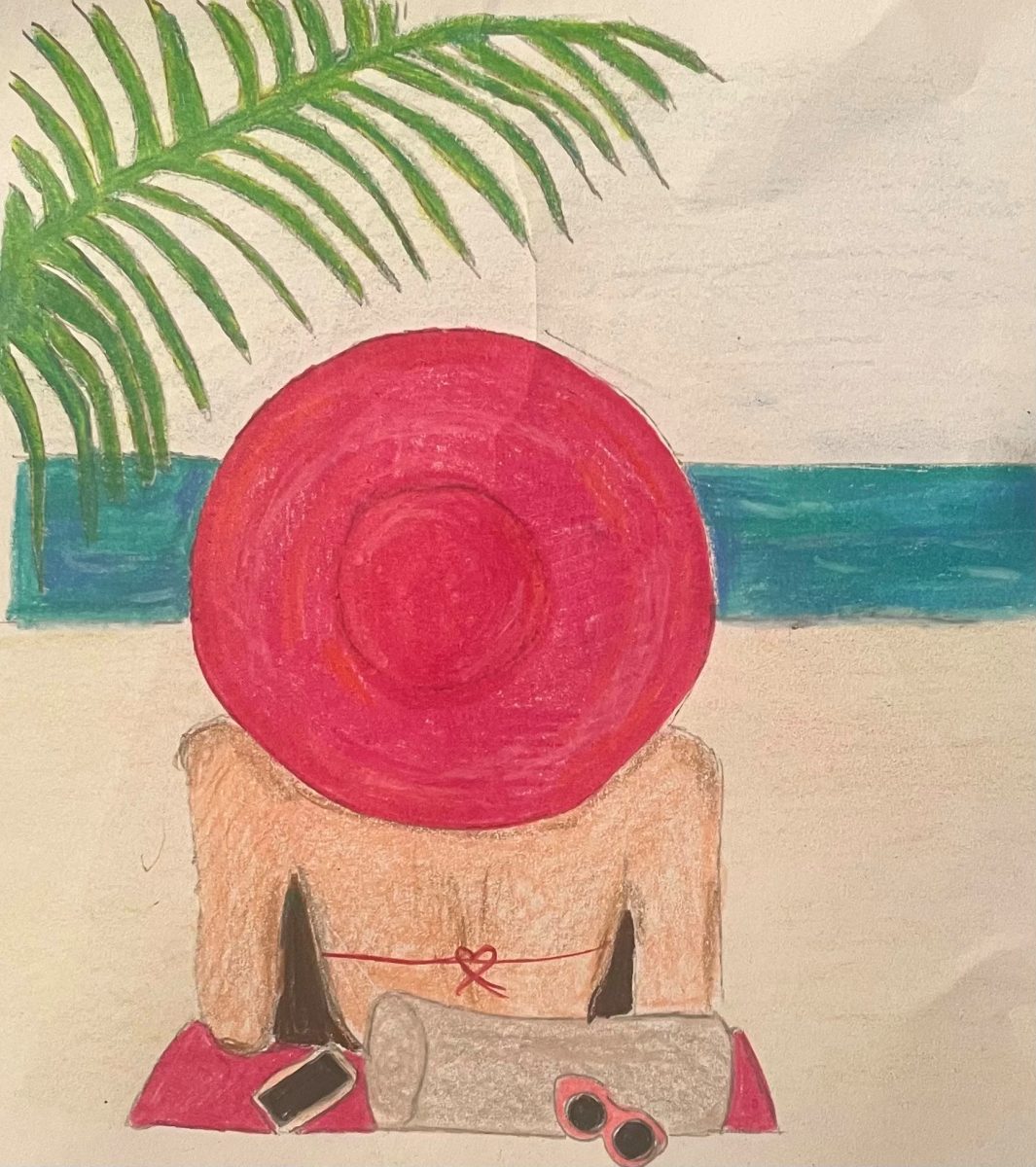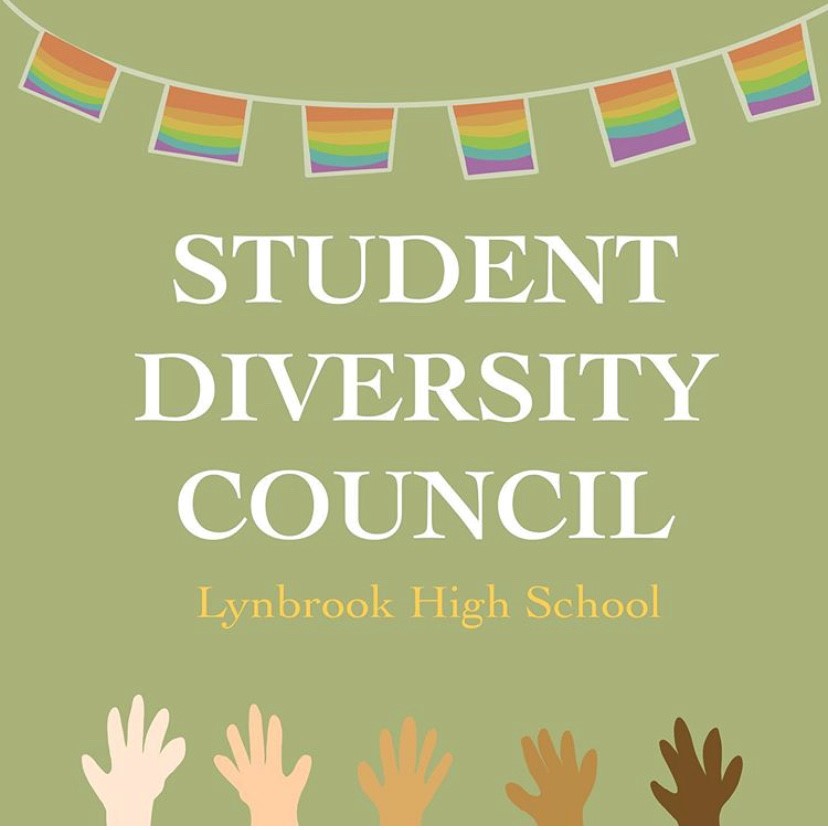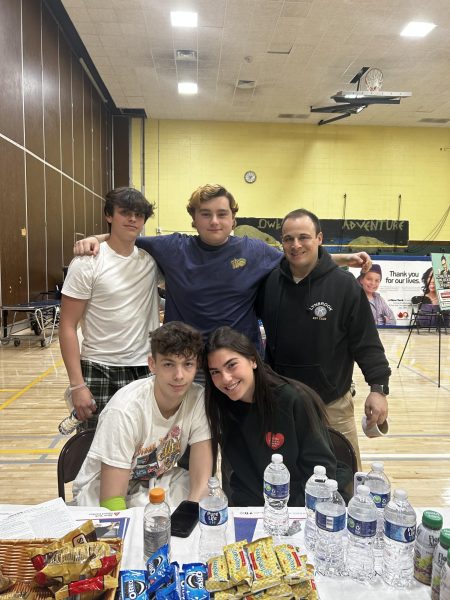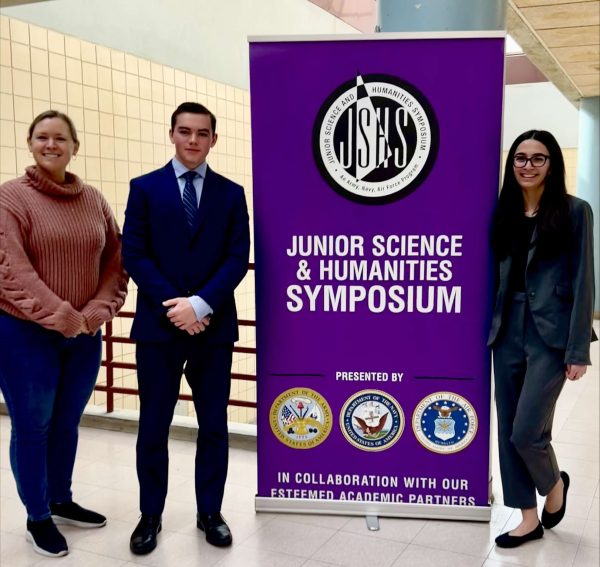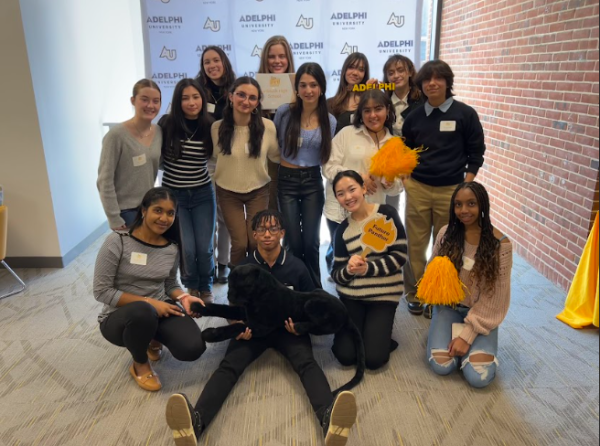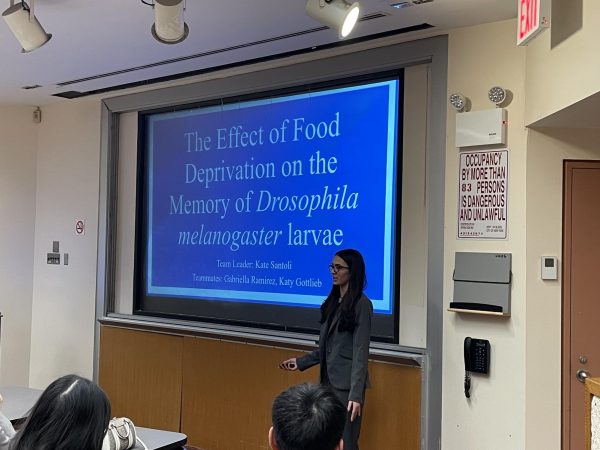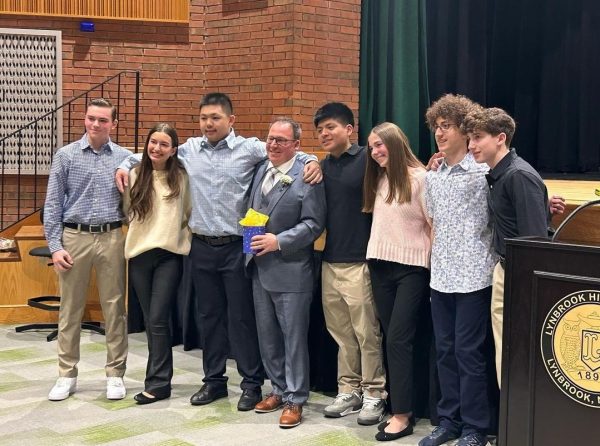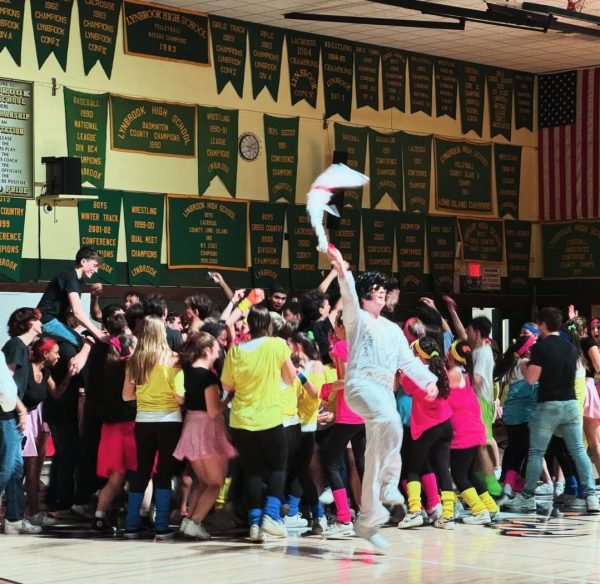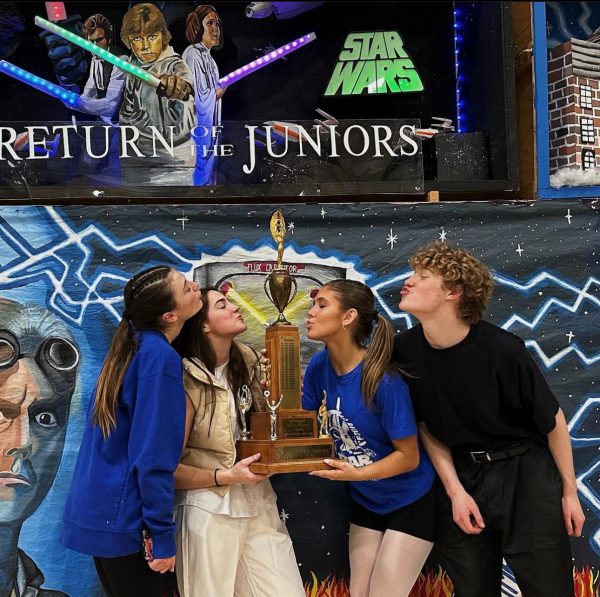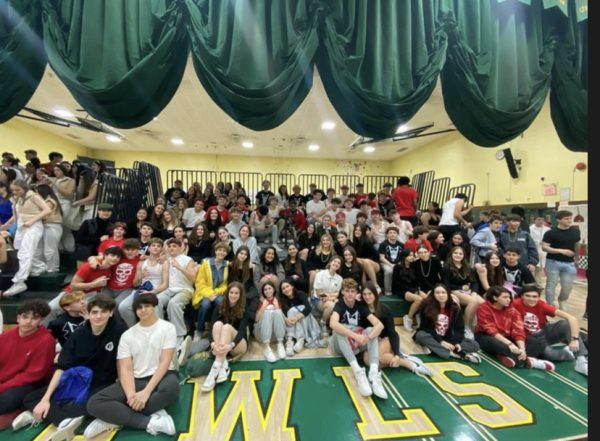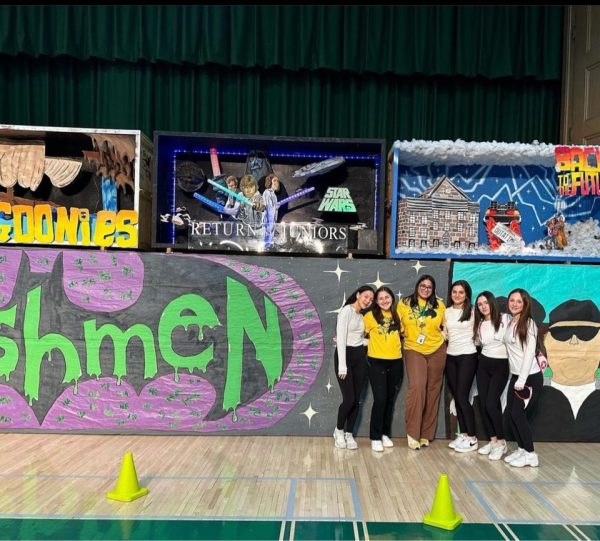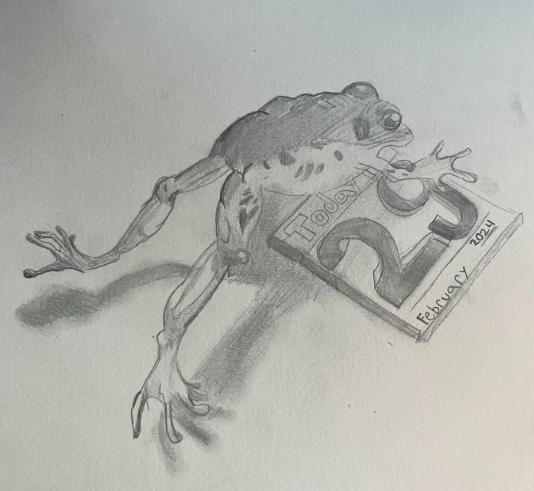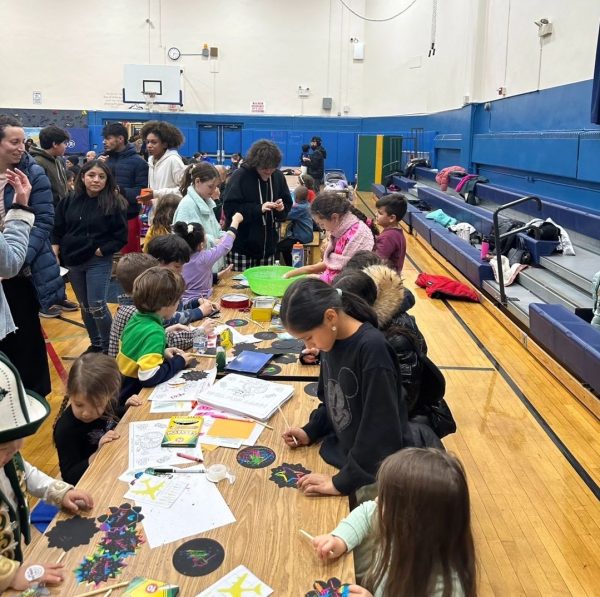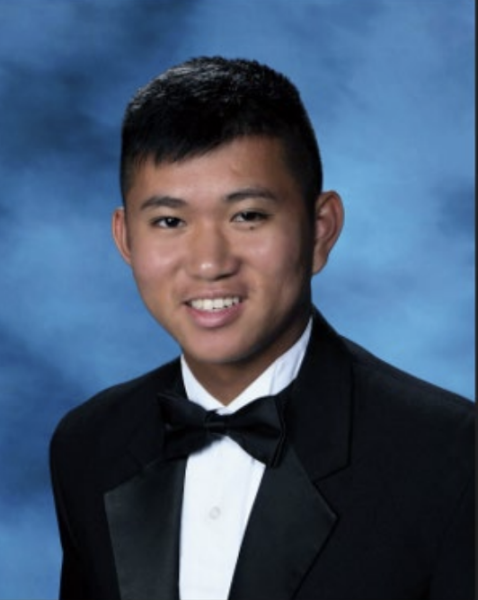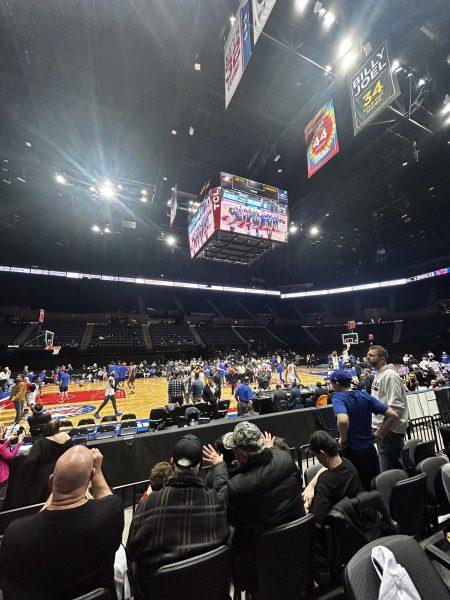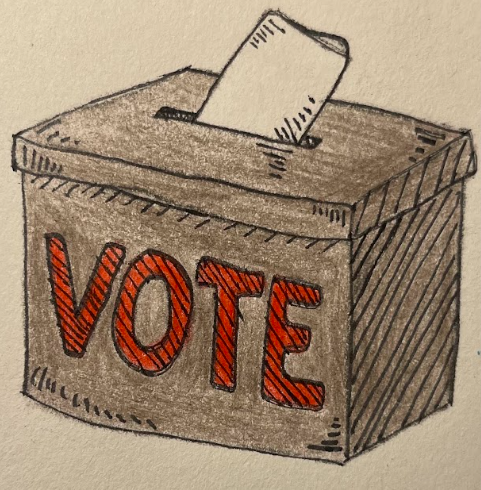Diversity, Equity, and Inclusion: Strides Towards a Greater Tomorrow
In the wake of George Floyd’s death and the incredible nation-wide outcry of those seeking social justice, Lynbrook School District responds with actionable steps towards maximizing diversity, equity, and inclusion for all. LHS’ Diversity Council has gotten off to a great start, electing a group of energized students devoted to creating real change in their community. While the District Council has existed for several years, both Lynbrook administration and students felt that more specific work needed to be put into action, and alas, the Student Diversity Council was born.
As Superintendent Melissa Burak stated in a letter to the district on August 13, “Lynbrook is a microcosm of today’s society. As much needs to evolve in society in general, we understand that the schools need to evolve as well. We are grateful for the voices uncovering and sharing their experiences. We are listening and will continue to research best practices and to develop our curriculum as it best suits the needs of our Lynbrook students.”
Each school in the district has now assembled its own committee of students, in supplement to the District Council which includes administration, teachers, parents, and community members, open to all who wish to join. A segment of the Council’s mission statement reads: “Our focus is on ensuring that all voices are represented, that all differences are respected, that diversity is embraced, and that traditionally marginalized and underrepresented groups feel and are treated as equals. We believe that social justice, respecting our differences, and equity for all persons are central to the idea and ideal of the LHS family.”
Student members each submitted a personal statement, explaining why they felt they could best represent their peers on the Diversity Committee. Members then voted from the 20 proposals and selected who they felt most strongly represented their grade level. The elected representatives are Freshman Yasmine Afzali, Sophomore Alexandra Spector, Junior Anika Kapoor, and Senior Sahdae Burke. Junior Asa Freeman was additionally appointed to represent all four grades.
Kapoor said that she ran for a spot on the Council because she strongly believes in creating a safer, more inclusive environment for the students of Lynbrook. She shared that her family, including her sister and brother who are LHS alumni, have experienced both the “good and bad” that Lynbrook has to offer, and she hopes to see more students come forward with their experiences to have an open discussion of racism.
“As an Indian and Guyanese-American student at LHS, I know what it takes to walk through these halls and feel unheard,” she shared. “I want to be the voice of my grade and speak up for them. I will listen and do my best to understand, and I’m always here to lend an ear for those who don’t have a safe outlet for what they are going through in these halls…This is not just another check mark on my resume — this is the life we live as black and brown students every day.”
Spector said that she ran to represent her grade because she believes everyone should be treated with equality despite appearance, race, or sexual orientation. “I hope that we can figure out ways to raise awareness of the racism in our society. We can’t just ignore it. We can all accomplish so much if we start by just letting people know that we are taking a stand.”
North Middle School Principal Sean Fallon is the chairperson of the Diversity Council. He has worked on the committee for three years, primarily focused on building bonds with Spanish-speaking Lynbrook families and helping them to assimilate into the community. He was also involved in an initiative to recruit employees from underrepresented populations, which included a job fair to meet with candidates from diverse backgrounds.
“As a middle school principal, I have heard from my students and their families on different occasions that they have experienced racism in our school community,” Fallon said. “I have tried to help correct specific situations when I have been able to, but I also realize that the problem is much bigger than those individual moments in time. We have a lot of work to do in the coming months and beyond. I look at this year with a very specific focus on promoting inclusivity and equity for all traditionally marginalized groups of people.”
Fallon shared that the Council is currently in the process of entering an agreement with NYU Steinhardt School’s Metropolitan Center for Research on Equity and the Transformation of Schools, whose proposal delves deeper into the historical entanglements of racial inequality. “CSS centers the dialogue in developing a shared understanding of the systems that impact our cross-racial, cross-ethnic, and cross-cultural understandings. Support is designed to offer multiple points of entry for participants of all backgrounds,” says the Center’s website.
LHS Principal Joseph Rainis, moderator for the high school’s council, shared that last year, he was approached by Freeman who hoped to create an African-American student culture club. Rainis said he was excited by the idea and began brainstorming ways to broaden the group’s focus to include students of all different cultures. Freeman’s original vision for the club has metamorphosed into the Diversity Council of today.
Rainis said his goal is to continue elevating the stories of traditionally marginalized groups and individuals and to recognize the role that the humanities must play in these teachings. He reminded the Council in their last meeting that the group’s goal is to tune people in, rather than turn them off. By encouraging students to share their personal stories, Rainis hopes to make progress through human connections.
“When someone has the ability to share his experience,” Rainis said, “it expands your understanding, and builds fellowship and trust. We are going to put faces on the stories of history’s injustices to open people’s eyes. If we’re going to change hearts, we need to humanize and modernize the curriculum. With these foundations, you can really go places.” The Council will continue with their go-getter attitude, aiming to shape the future of Lynbrook in a vision of racial harmony and complete inclusion for students of all circumstances. Through story-telling, trust, and hard work, their goal is just within reach.
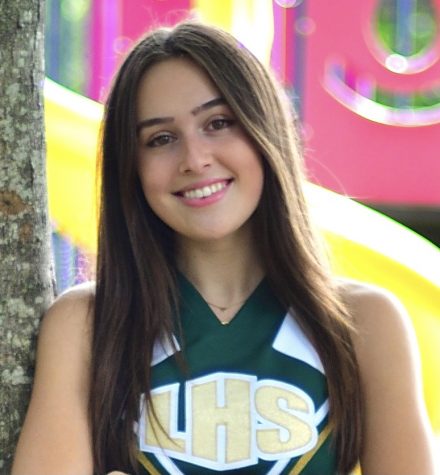
I am the editor-in-chief of the Horizon newspaper and a member of the Class of 2022. I am also the captain of the LHS Speech, Debate, and Model Congress...

